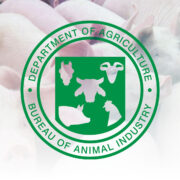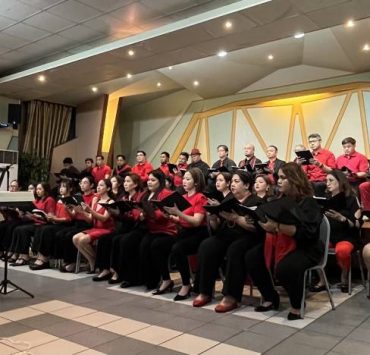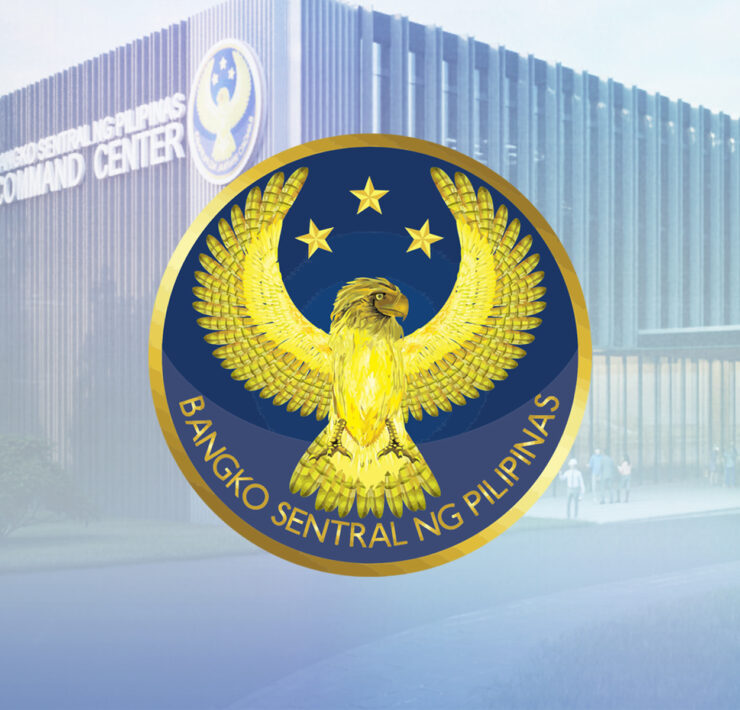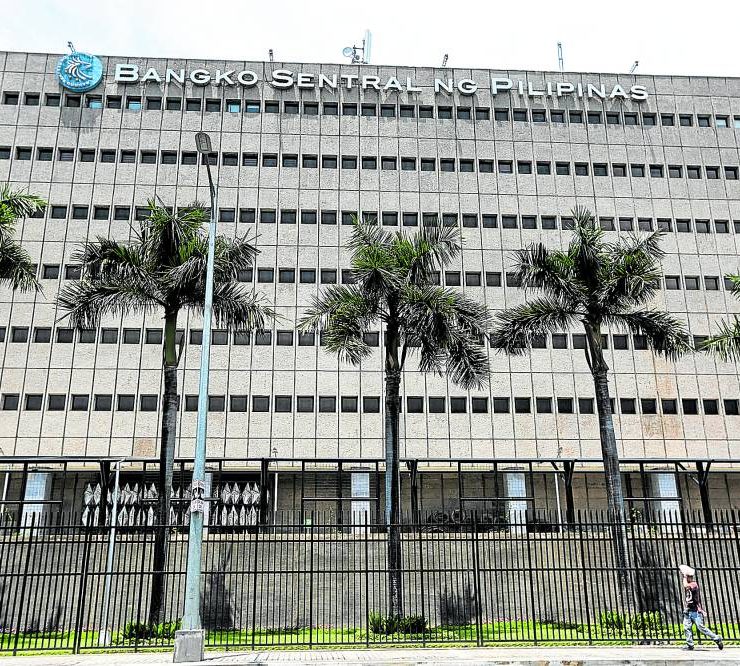No longer linear: Banking to serve the ecosystem
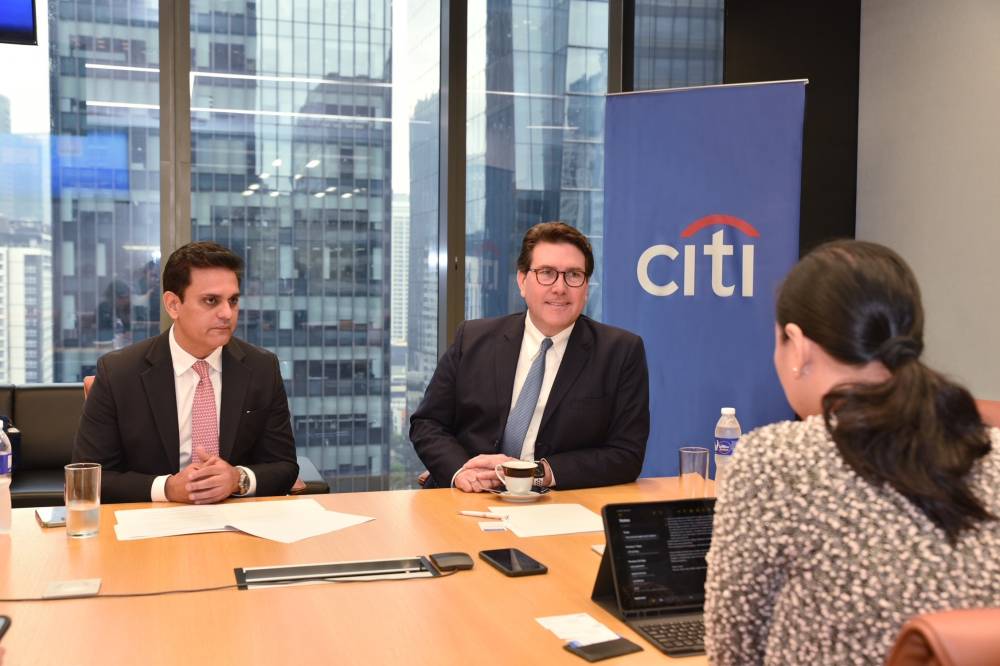
Last year, global banking giant Citi announced the expansion of its business and created a unit called Global Network Banking (GNB). Citi defines a network banker as a banker who manages and helps the sister companies of its corporate and commercial banking clients. The bank has deployed a team of more than 1,000 people across nearly 100 countries to work with a wide range of product and subject matter experts. They serve clients who increasingly favor a single point of contact that understands their business and the operating environment well. These days, clients’ expectations go beyond just banking products as they also seek advisory capabilities to navigate challenging situations. In the Philippines, for instance, the goal is help clients understand the regulatory trends and find options to do business here in the best and most efficient manner.
In this interview with Inquirer, New York-based Marc Merlino, Citi global head for GNB and Ajay Paul, Citi Philippines GNB head, share their insights into emerging trends in banking, the challenges and opportunities, as well as prospects for the Philippines.
Question: What kind of deals can we expect in the foreseeable future and what sectors are interesting?
Merlino: The way we think about success in network banking is—how are we helping our clients with their growth agenda across the world. In our business, many of the client deals we do are private and not public. For instance, we met one of our clients in the e-commerce space recently and discussed how we can use our digital payments and digital collections capabilities to help them speed up their payments and collections, while doing it in a more secure manner, reaching more clients, and helping them bring down their overall funding costs.

Looking ahead, we see opportunities to do much more with our clients’ ecosystems. In the past, we would think about opportunities in a very linear manner—such as working with a specific client and what deals we can do with that client. But now, we want to expand that to ecosystems. We want to bank and support all the players and the suppliers, manufacturers, distributors, and get them together and say, how can we grow in the market, strengthen the economic development in Philippines, while also meeting our requirements with the regulators and the security requirements of the entire ecosystem?
Paul: From a sector perspective, we are working closely with FMCG (fast-moving consumer goods) and health-care clients to increase penetration within the country, to collect faster and enable them to sell more, distribute more and go deeper into the country. The other segment we are razor-focused on is digital e-commerce. The pandemic catalyzed the growth of these companies locally and since then, we’ve invested significantly in our collections, payments, reconciliation, cybersecurity, and the overall payment infrastructure, to support these companies.
Q: But some of the players are so small. Aren’t there other solution providers doing that for them?
Paul: We see the smaller solution providers as partners and not competitors. The smaller players can have a much wider reach and penetration, but they don’t necessarily have the capital to invest in the technology and the business. That is where we come in. We can support the smaller players with better technology, data and security platforms. We can manage their entire backend and systems while they manage the front-end with the end consumer. We also find that our large clients work with these smaller companies, so it is in our interest to support their development.
Q. What deals are you doing in relation to energy transition?
Merlino: At Citi, helping our clients navigate the challenges and embrace the opportunities of our rapidly changing world is fundamental to our mission of enabling growth and economic progress. We are seeing a lot of interest from clients and are working closely with them on their energy transition plans and supporting clean energy solutions to help meet the world’s future energy demand with clean low-carbon sources, while also continuing to meet today’s global energy needs. We continue to use our resources and expertise to help our clients and communities solve the big challenges they wrestle with every day—in energy, sustainable finance, financial inclusion, racial equity, social infrastructure and other areas.
Q: What do you tell clients when they ask you what are the benefits of looking at the Philippines relative to Indonesia, which is a much bigger market, or Vietnam, which is getting a lot of business because it’s easier to bring in investments?
Paul: While every market has its own unique benefits, the Philippines’ demographics and quality of talent are extremely exciting. You have the lowest median age in the world, and very strong consumption patterns. People have high disposable incomes, from the employment generated in the country and support from overseas Filipino workers. There’s a lot of disposable money and consumption is high. There are very few countries today with more than 100 million people and the demographics of the Philippines.
Merlino: The quality of talent is not talked about enough. The investors that we work with are long-term strategic investors. These are not people that are looking to get in, make money and get out. These are companies that want to be here for the next 100 years. Citi has been in the Philippines for over 120 years. And so, one of the most important considerations is the quality of people and skilled workforce. To me, that’s the Philippines’ greatest asset and that is why our clients are approaching it, taking a long-term view.
Q: How has decision-making changed since the pandemic? Are clients looking at more diversification?
Merlino: Companies have had to become more flexible and decentralize decision-making to people on the ground, and this has paid off. Almost every company I’ve spoken to was surprised about how well their business performed during COVID. Now, that’s a positive thing as it shows the resilience of their business models.
Paul: In the shared service center space, the biggest priority for all the shared services during the pandemic was business continuity, because everybody had to work from home. There was a very quick transition to remote working, working at the same efficiency and working harder. We saw decision-making move: it became more decentralized because you now had to take a call depending on local circumstances and since it worked well, we have seen a lot more decentralization across the board.
The other piece is manufacturing, which led to supply chains diversification. A series of incidents, starting with the pandemic, the Suez Canal incident and so on, forced companies to think about supply chain resiliency. You now have companies importing into the Philippines from four different hubs instead of just one. This shows that companies have invested in building four different hubs to make the same product that they used to, prepandemic.
Merlino: Prepandemic, our clients were only focused on one factor with their supply chain and that was cost. COVID-19 was a harsh reminder of the need for balance and more importantly, resiliency.
Q: Geopolitical uncertainties – are they a big factor in the mind of the decision-makers when they think about long-term investment? How do they hedge against all the uncertainties?
Merlino: It is certainly a factor that our clients are discussing. But this is the 27th country that I have visited this year and I’ve not yet met one client who has said that they are scaling back their global ambitions on account of it. In fact, as we expand into the commercial banking space of mid-cap and emerging corporates, we see that more of these companies have global ambitions at a very early stage. So, contrary to popular belief, the world is not deglobalizing. It’s re-globalizing instead, as clients adjust their global business model to the realities of geopolitical currents, and at Citi, we are even more relevant to our clients as we advise and guide them through these situations. With our unparalleled global network and presence in 96 countries, we can leverage our network and expertise around the world to help clients with these decisions.
Q: If you’re expanding into mid-cap and emerging corporates, isn’t that a more crowded space as you’re competing with the local banks? How do you differentiate?
Merlino: It is, but we are very focused on how we want to do that. We are not looking to be their leading bank for their home operations. Citi brings the most value when a company wants to expand outside its home market, to other countries. That’s where we have the on-ground expertise, local relationships, product and platform depth and breadth, and in-depth understanding of regulations of the different markets we operate in. As I mentioned, we are present in 96 countries globally and there’s no other bank with such a wide and experienced network. To add, we have a consistent product and platform proposition across the globe that our clients can plug into easily to conduct their cross-border business.
Q: Everyone is talking about AI (artificial intelligence) and its impact on businesses. So for your clientele, how do you view AI?
Merlino: We want to embrace AI because we believe that it has huge potential—it’s going to enable our bankers to be more efficient and eliminate a fair share of mundane processes. It’s going to allow them to focus on things that really matter, like spend more time with our clients, because AI is going to help streamline the things that they need to do from a process perspective, which are mandatory, but don’t necessarily add value. And so, if AI can make us more efficient and free up time, that means that our bankers can spend more time with our clients talking about the future, understanding their agenda, and harnessing the resources at Citi to help our clients grow.













